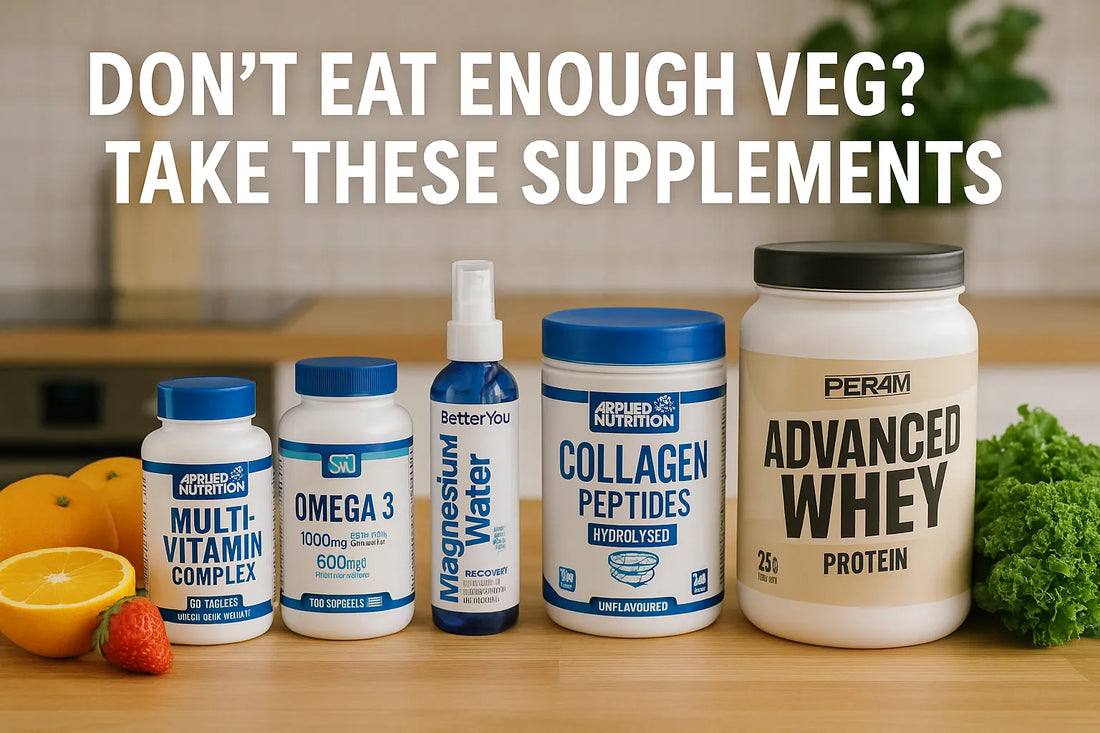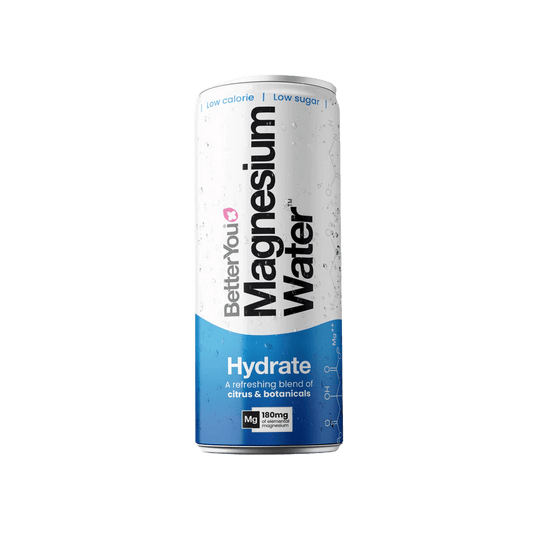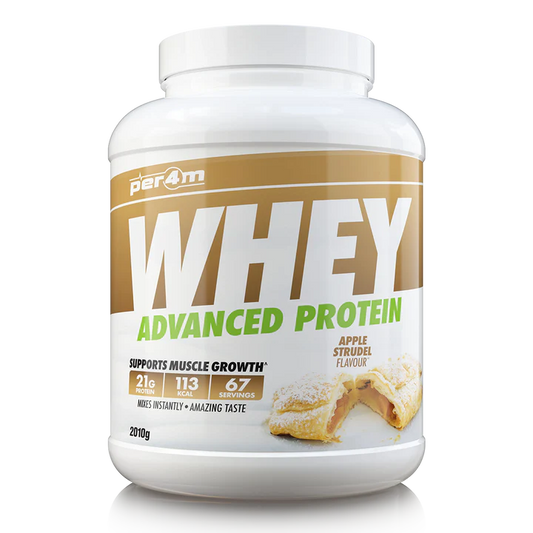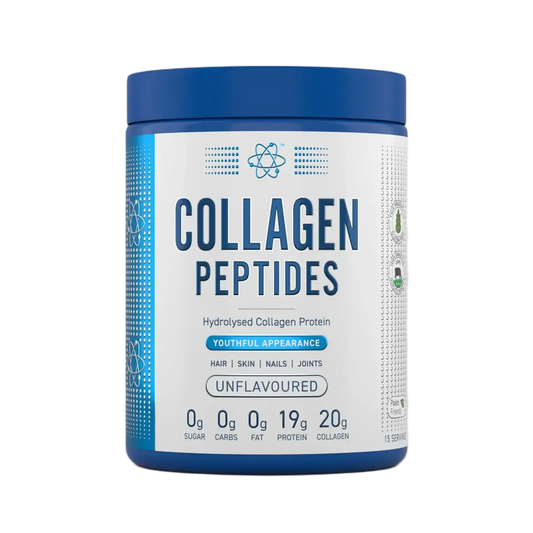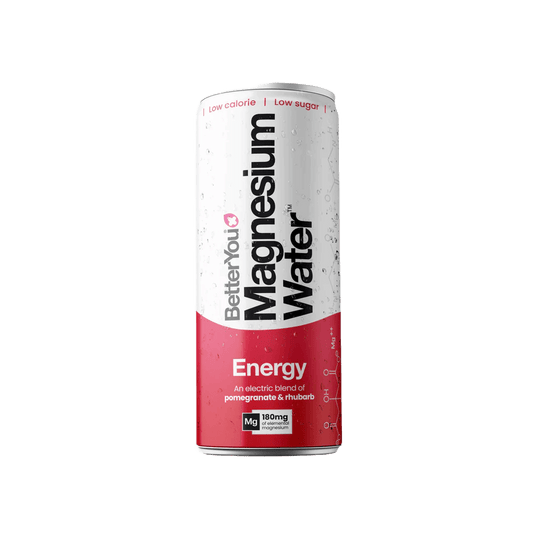Introduction: Why Veg Matters — and What Happens When You Skip It
Vegetables sit at the core of every healthy diet, yet many people admit they simply don’t eat enough. Whether it’s because of busy lifestyles, picky tastebuds, or just the convenience of processed foods, the result is the same: nutrient gaps. And those gaps can have real consequences.
In the UK, government surveys suggest most adults fall well short of the recommended “five-a-day.” That means millions of people aren’t getting enough fibre, antioxidants, vitamins, and minerals from whole foods. Over time, this can contribute to fatigue, poor skin, weak immunity, digestive issues, and even long-term health conditions.
But what if you really don’t eat enough vegetables? Can supplements make up for it? The short answer: they can’t replace vegetables entirely, but they can help bridge the gap. And in today’s supplement market, there are more options than ever for people who want to protect their health without forcing down a plate of broccoli.
This blog will explore which supplements matter most if you avoid veg, how to spot deficiencies, and what practical steps you can take to support your nutrition.
1) What Vitamins Should I Take If I Don’t Eat Many Vegetables?
Vegetables are rich in vitamins A, C, K, and several B vitamins. If you don’t eat enough, those are the first nutrients you risk missing out on.
-
Vitamin A → Supports eyesight, immunity, and skin health. Usually found in carrots, sweet potatoes, and leafy greens.
-
Vitamin C → A powerful antioxidant, crucial for collagen production and immune defence. Found in peppers, citrus fruits, and broccoli.
-
Vitamin K → Essential for blood clotting and bone strength. Often overlooked, but leafy greens are the main source.
-
Folate (Vitamin B9) → Needed for DNA synthesis and energy metabolism. Deficiency can cause fatigue and low mood.
💡 Applied Nutrition Multi-Vitamin Complex is one of the most practical solutions here. It provides broad coverage of daily requirements, ensuring you don’t fall behind if your diet is light on veg.
Pairing a multivitamin with Per4m Advanced Whey Protein is also smart: many people forget that high-quality protein powders often contain a bonus spectrum of micronutrients from added vitamins and minerals.

2) Can I Take a Supplement Instead of Eating Vegetables?
Here’s the truth: no pill or powder can fully replace whole vegetables. That’s because vegetables don’t just contain vitamins — they’re also rich in phytonutrients (plant chemicals that protect your cells), fibre (for gut health and digestion), and water content (for hydration).
That said, supplements can help replicate some of those benefits.
-
Greens powders often include dried and powdered spinach, kale, spirulina, and wheatgrass. They provide concentrated antioxidants, chlorophyll, and minerals.
-
Vitamin C supplements replicate the antioxidant and immune benefits of citrus fruits and peppers.
-
Fibre supplements (like psyllium husk or inulin) can replicate the digestive benefits of veg.
💡 If you know you’re not going to eat vegetables regularly, combining a multi-vitamin with a greens powder and an omega-3 supplement will cover most of the bases. It’s not a free pass to skip veg forever, but it’s a solid plan B.
3) How Can I Be Healthy If I Don’t Eat Vegetables?
This is the big question. The honest answer: it’s possible to be relatively healthy without veg if you replace their key nutrients, but it requires effort and smart supplementation.
Practical tips for non-veg eaters:
-
Double down on fruit. While not identical to vegetables, fruits still provide antioxidants, vitamin C, and fibre.
-
Lean on whole grains. Foods like oats, brown rice, and quinoa contain B vitamins and fibre.
-
Choose fortified foods. Some breads, cereals, and plant milks are fortified with folic acid, vitamin D, or iron.
-
Use targeted supplements. Multivitamins, omega-3, and greens powders are the cornerstone.
💡 Supplement Needs Omega 3 is especially important for people with low-veg diets. Omega-3s are mainly found in oily fish, flax, and walnuts — so if your diet lacks both vegetables and fish, you’re missing a key nutrient for brain, heart, and mood health.

4) What Happens If You Don’t Eat Enough Vegetables?
Skipping veg might feel harmless in the short term, but the effects build over time.
Short-term effects:
-
Low energy and fatigue due to lack of B vitamins and iron.
-
Poor digestion from reduced fibre intake.
-
Higher cravings for sugar and processed foods (because your body isn’t getting micronutrients it craves).
Long-term effects:
-
Weakened immune system → fewer antioxidants means more oxidative stress.
-
Higher risk of chronic disease → diets low in veg are linked with heart disease and type 2 diabetes.
-
Weaker bones and skin health → vitamin K and C deficiencies can reduce collagen and bone density.
💡 Adding BetterYou Magnesium Water can help offset some effects, since magnesium deficiency is common in veg-light diets. Magnesium is vital for energy, sleep, and stress resilience — all things that take a hit when your diet is out of balance.

5) Do Fruit and Vegetable Capsules Really Work?
Fruit and vegetable capsules — often marketed as “superfood blends” — are a convenient option for people who don’t want to eat produce. They’re made by drying fruits and vegetables and compressing them into capsule form.
The benefits:
-
Easy to take daily.
-
Provide some antioxidants and phytonutrients.
-
Often include immune-boosting extras like acerola cherry (vitamin C) or beetroot powder (nitrate support).
The limitations:
-
They usually contain small amounts compared to whole foods.
-
They rarely deliver much fibre.
- They can be pricey for the nutrient return.
💡 For better value, a greens powder is often a smarter choice than capsules. You can mix it into smoothies or water and get higher concentrations of plant compounds in one go.
✅ Recap of Part 1
So far, we’ve explored:
-
The most important vitamins you risk missing without vegetables.
-
Why supplements help but can’t fully replace whole veg.
-
Practical ways to stay healthy without a high-veg diet.
-
The consequences of skipping vegetables long term.
-
Whether fruit and vegetable capsules live up to their claims.
Products Mentioned:
- Applied Nutrition Multi-Vitamin Complex
- Per4m Advanced Whey Protein
- Supplement Needs Omega 3
- BetterYou Magnesium Water
🔜 Part 2 will cover:
-
Are green supplements a good alternative?
-
Can I get all nutrients without eating vegetables?
-
The best fruit and vegetable supplement options.
-
Early warning signs of deficiencies.
-
Which supplements best cover the gaps from a no-veg diet.
-
Full FAQ & Conclusion.
Don’t Eat Enough Veg? Take These Supplements (Part 2)
6) Are Supplements a Good Alternative to Vegetables?
No supplement can ever fully replace vegetables — but the right mix can cover many of the nutritional gaps.
-
Multivitamins provide vitamins A, C, K, and folate, which are most often missing when veg intake is low.
-
Omega-3 capsules replace the fatty acids found in certain plant foods and fish.
-
Collagen supplements add amino acids like glycine and proline, which support joints, skin, and gut health.
-
Magnesium water replenishes minerals for energy and mood regulation.
💡 Applied Nutrition Collagen Peptides is a strong option here. While it’s not a vegetable replacement, it supports areas of health (skin, joints, gut) that often rely on plant-based nutrients when veg is lacking.
7) Can I Get All My Nutrients Without Eating Vegetables?
Technically, yes — but only if you build a very careful diet around fruit, grains, proteins, and supplements. For example:
-
Fruit can cover much of your vitamin C.
-
Legumes and grains provide fibre and B vitamins.
-
Eggs, fish, and meat give protein, vitamin D, and iron.
-
Supplements provide the finishing touches.
Still, vegetables contain unique phytonutrients like sulforaphane (broccoli) and lutein (leafy greens) that are hard to mimic. You won’t get these from supplements alone.
💡 That’s why a broad Applied Nutrition Multi-Vitamin Complex paired with Supplement Needs Omega 3 and BetterYou Magnesium Water gives you the closest thing to a “safety net” if vegetables aren’t on your plate.

8) What Is the Best Supplement If You Don’t Eat Veg?
The “best” depends on your needs, but here’s a practical framework:
-
Overall coverage → Applied Nutrition Multi-Vitamin Complex
-
Energy and metabolism → Naughty Boy Prime Creatine
-
Digestive, skin, and joint support → Applied Nutrition Collagen Peptides
-
Mood, sleep, and stress balance → BetterYou Magnesium Water
-
Protein gaps → Per4m Advanced Whey Protein
💡 For people who consistently avoid veg, a stack of multivitamin + omega-3 + collagen + magnesium + protein provides the broadest and most realistic cover.
9) What Are the Early Signs of Vitamin Deficiencies?
Without vegetables, it’s easy to miss warning signs until they snowball.
-
Fatigue → low B vitamins, iron, or folate.
-
Skin problems → low vitamin A, C, or collagen-building nutrients.
-
Weakened immunity → vitamin C and D deficiencies.
-
Brain fog or low mood → low omega-3 and magnesium.
-
Digestive issues → lack of fibre.
💡 Applied Nutrition Collagen Peptides and Per4m Advanced Whey Protein help support your body structurally and nutritionally, while Multi-Vitamin Complex prevents deficiencies from creeping in silently.
10) Which Supplements Cover Nutrition Gaps From a Low-Veg Diet?
Here’s the five-piece “gap filler” stack:
-
Applied Nutrition Multi-Vitamin Complex → broad micronutrient safety net.
-
Supplement Needs Omega 3 → brain, heart, and inflammation support.
-
Applied Nutrition Collagen Peptides → joint, gut, and skin protection.
-
BetterYou Magnesium Water → energy, sleep, and stress regulation.
-
Per4m Advanced Whey Protein → protein + bonus minerals for overall health.
This set won’t make vegetables redundant, but it will stop you running on empty.

🧠 FAQ: Supplements vs Vegetables
1. Can supplements completely replace vegetables?
No — but they can cover the most important vitamins and minerals.
2. What’s the biggest risk of not eating veg?
Fatigue, weakened immunity, and higher long-term disease risk.
3. Can fruit cover for veg?
It helps, but fruit is higher in sugar and doesn’t provide the same phytonutrients.
4. Which single supplement matters most?
A multivitamin — it gives you broad coverage every day.
5. Do collagen and creatine help if I don’t eat veg?
Yes. Collagen helps fill gaps in amino acids for joint and gut health, while creatine supports energy and performance when diet quality is lacking.
Conclusion: Supplements Can Bridge the Gap
Vegetables will always be the gold standard, but if you don’t eat enough, supplements can protect your health and performance. The smartest approach isn’t just one product — it’s a stack:
-
Multivitamin for broad coverage
-
Omega-3 for brain and heart
-
Collagen for skin, joints, and gut
-
Magnesium for energy and mood
-
Protein for muscle and satiety
This combination keeps your bases covered, helping you stay energised, resilient, and healthy even when your diet isn’t picture-perfect.

